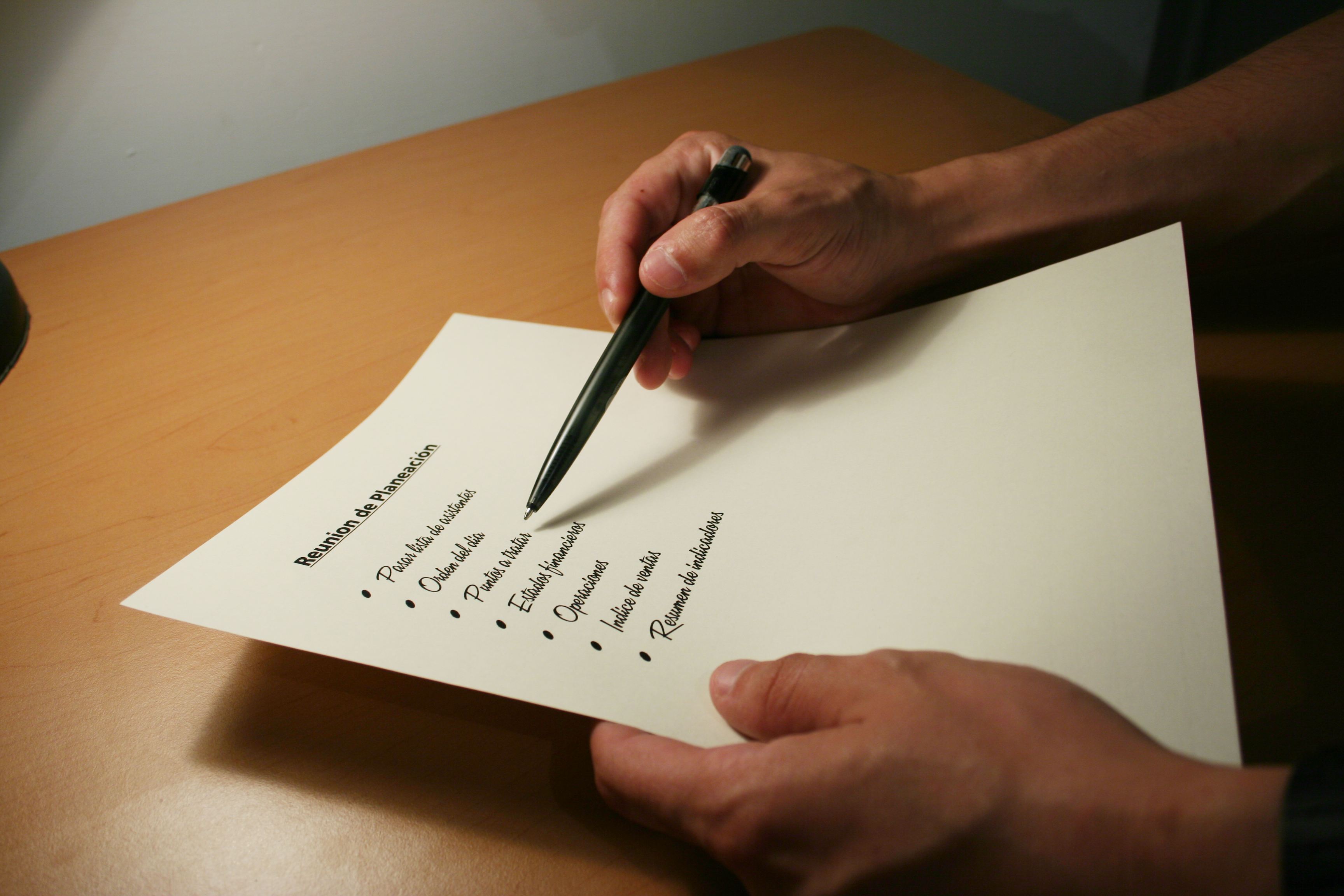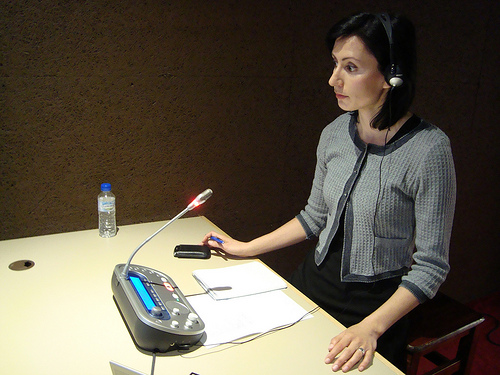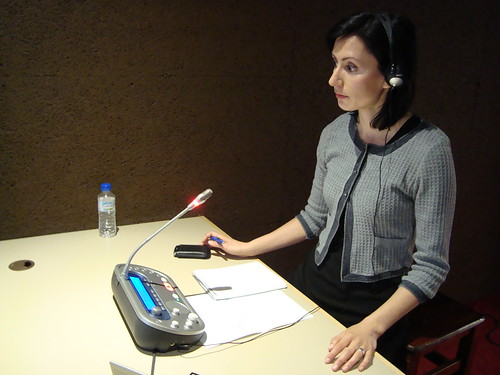The picture above was taken today. This pile of Spanish learning materials sits on my desk now. I paid nothing. Zilch. Nada.
I could stop here, but I’ll go on: there’s more to this than just materials. (Also, it’s a nice way of saying: thanks, M).
Clients, Friends, Guerrillas: the economies of language learning
The reason behind the challenge is, for me, to see how far this could be pushed – to find out what else is there in language learning apart from business. I’ve been in the business for over 6 years now – making and investing money in it. As it turns out, this is just the tip of the iceberg.
Basically (and I’m exaggerating here) there are three extremes which can easily be discerned at the beginning of a language learning journey:
You can enter the situation as a client, equipped with money and time to spare. This is the currency that gets you into class, buys you materials, resources and access to tutors. It makes some choices more open (which school to go to, which dictionary to buy) – but restricts others (this is the class you’re given, this is the teacher willing to accept your rates – etc). When things go bad, you just take your business elsewhere.
The other option is that of a friend – the main asset here is the relationship. Maybe your wife is Polish. Maybe you’ve got some Spanish-speaking mates at work. Or maybe your best friend is a Mandarin teacher. Whatever is is, the personal link is your leverage here. The choices are quite limited (if just feels bad to ask for more than friends are willing to do for you), but the material costs are pretty low. When things go bad, though, it’s serious – and affects a lot more than a business relationship.
The third way is the guerrilla way. It’s hard to define (which makes it all the more important to talk about). A guerrilla learner would be aware of both options listed above, and capable of switching between the client and friend mode quite often. This means that you’re probably not going to commit to a full-time contract with a language school – but you also won’t risk your friendships on a language lesson gone bad. Taking good stock of time, money and relationships would be a crucial first step – as would knowing when it’s just inappropriate to ask for a discount or a favour.
A tribe on your back – the joy and pain of commitment
I was quite happy to forget about languages for a while. Maybe give myself a festive break, chill out, you know.
And then, just as we finished baking the last batch of winter cookies, my friend handed me a pile of books, CDs and tapes. All for learning Spanish.
You see, I wrote about the importance of tribes before (although I may not have invented the idea). But yesterday, I was reminded of this. Imagine telling 50 people about your language learning resolution. Imagine 50 tiny pats on the back whenever you go through another lesson. Or 50 tiny kicks up your butt when you’re just too lazy to pick up a coursebook. It doesn’t need to be all material, explicit and visible: sometimes just knowing that those people know about your plan – that’s enough.
Guerrilla Tribes – simple rules of engagement
Most of this goes without saying, but let’s prepare a list anyway: your friends are too precious, and your learning progress too complex to leave it all to chance.
1. Friends before favours. This should be the starting point. If you need to know why this matters and why it’s not the other way around, this approach is not for you. Losing a friend is worse than having a bad / expensive language learning experience – although it may not immediately feel bad.
2. Loud and clear. Make it well-known that you’re learning a language. Get the word out. Have chats over coffee. Get excited about it. Chances are, these conversations will make you answer questions like “so why are you doing this anyway?” and “wow, how do you plan to go about it?” – which is good as it makes you think about it first 🙂
3. Expect nothing. Don’t get too greedy here. Don’t get hopeful, either: we’re forgetful beings and most people’s Xmas list probably has a pair of socks or a box of chocolates written next to your name (if anything). Treat every boost to your project – a used dictionary, a tip, a contact for a good tutor friend – as a nice surprise. Much better that way.
4. Pay it back. The most awesome thing you could do with all that Portuguese you’ve learnt is to take your helpful friends out to Portugal! Failing that, make sure you’re on hand when a translation job comes along – or just buy them coffee. Again, if you need to be taught that, we’ve got a problem.
5. Ask for favours carefully, but openly. If you know someone’s able to help you, it’s part of the guerrilla code to ask. This is an opportunity to explore, and a chance to become more involved in your language learning. But don’t rush into this, or you’ll blow both your chance and your nice relationship. Spell things out: define clearly what you would like to ask for, why you ask this person, what’s in it for everyone and how you propose to go about it. Then ask, and hope for the best – when it pans out, deliver word for word! There’s nothing worse than agreeing to “three quick chats over coffee” and getting sucked into 15 hour-long marathons of translating legal Russian for someone who, by now, is an ex-friend turned Nemesis.
That’s about it, folks. Festive season is upon us – how do you plan to get your folks on board with your language-learning plan? Share your schemes below!
Wiktor (Vic) Kostrzewski (MA, DELTA) is an author, translator, editor and project manage based in London. When he works, he thinks about languages, education, books, EdTech and teachers. When he doesn’t work, he probably trains for his next triathlon or drinks his next coffee.
BRAVE Learning (formerly known as 16 Kinds) is a lifelong learning and productivity blog. If you enjoy these posts, please check out one of my books and courses.
My recent publications, and my archive, is now all available on my new project: PUNK LEARNING. Hope to see you there!








